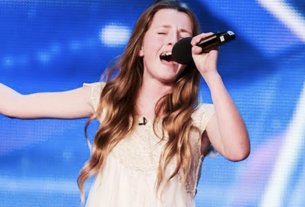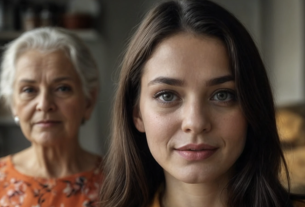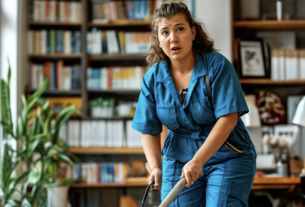At 75, my life was quiet, each day drifting into the next in silence, filled only with memories. Three years had passed since I lost my daughter Gianna, and every day I found myself looking back, clinging to the past. My son Sebastian called occasionally, though he lived in another city and rarely visited, tied up with work and his own family. I understood, but it didn’t make the loneliness any easier.
One afternoon, after picking up groceries, I noticed a young woman sitting by the roadside, cradling a small baby wrapped in a thin blanket. She looked exhausted and cold, her head bowed. Something about her reminded me of Gianna, and I felt a tug at my heart.
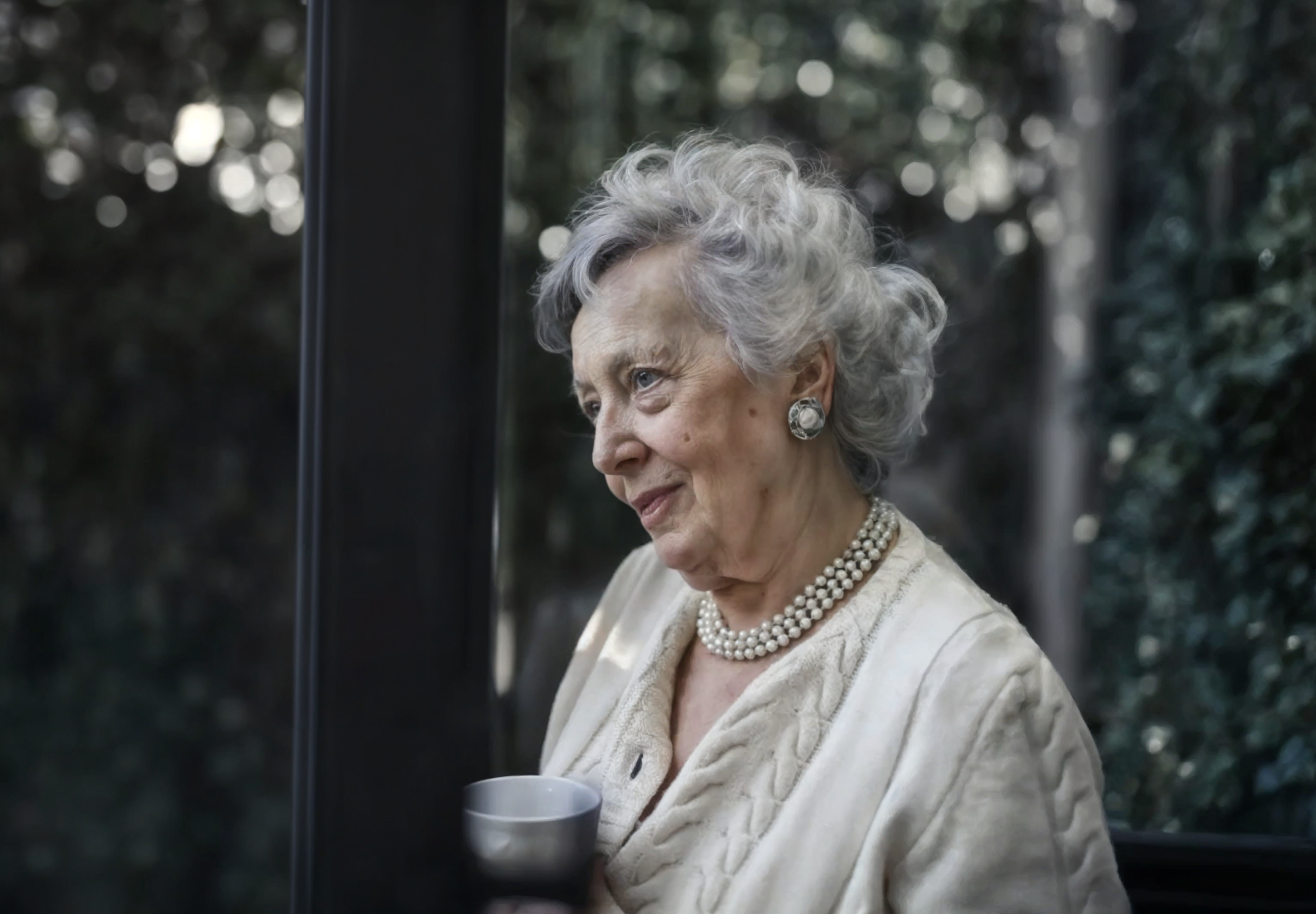
«Do you need help, dear?» I asked gently.
Startled, she looked up, her eyes hollow but filled with a cautious hope. «I don’t want to trouble anyone,» she replied, her voice trembling.
“Nonsense,” I said. “You and the baby need somewhere warm to stay.” She hesitated, then nodded gratefully. “Thank you,” she whispered.
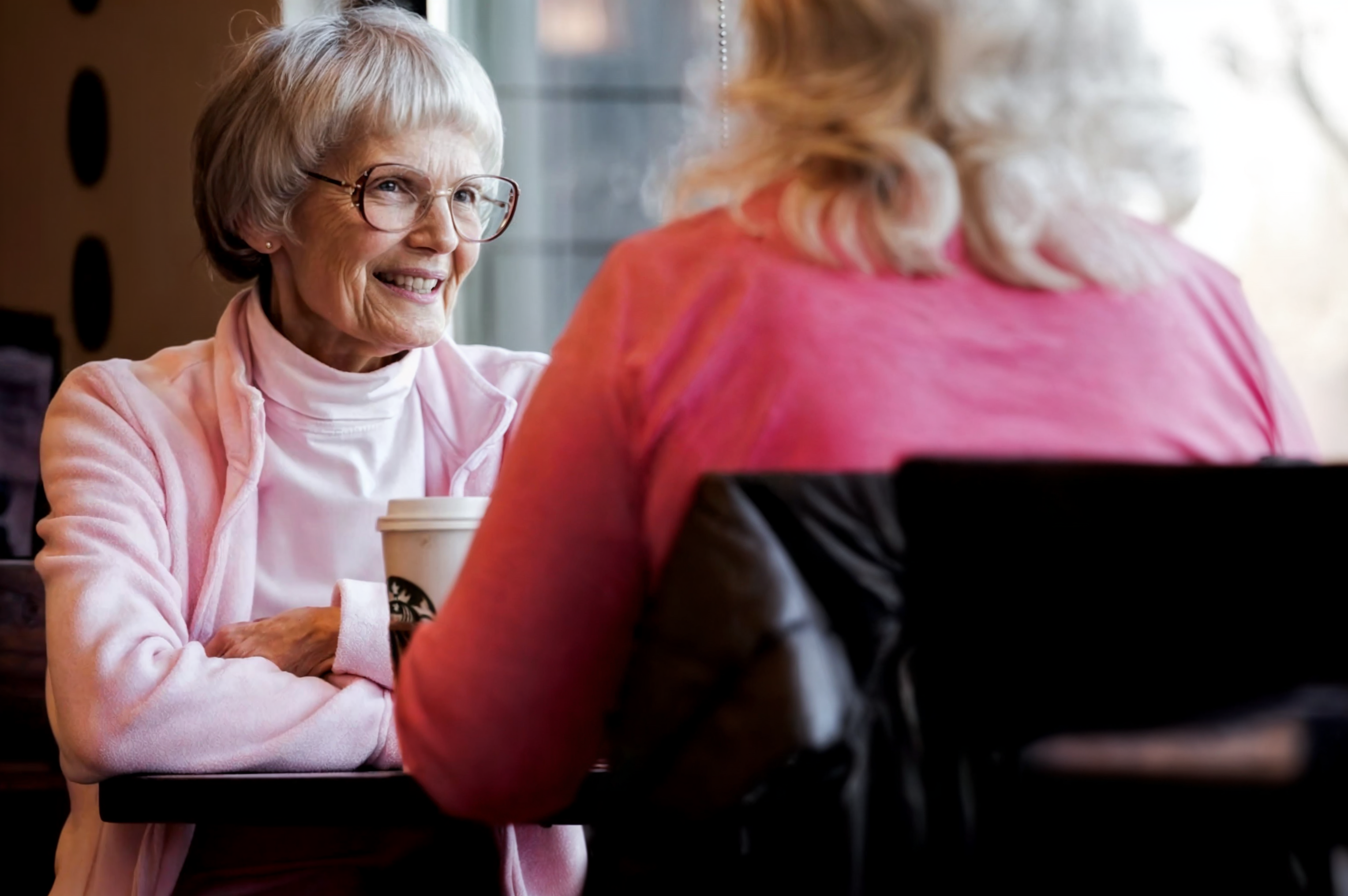
Back at my house, I offered her a seat on the couch while I made some tea. I introduced myself and asked for her name.
“Julia,” she said, her voice soft. “And this is Adam.”
The little boy, barely a toddler, looked up at me with big, curious eyes. As I served her tea, I felt a warmth in my home that I hadn’t felt in years. Somehow, it was alive again.
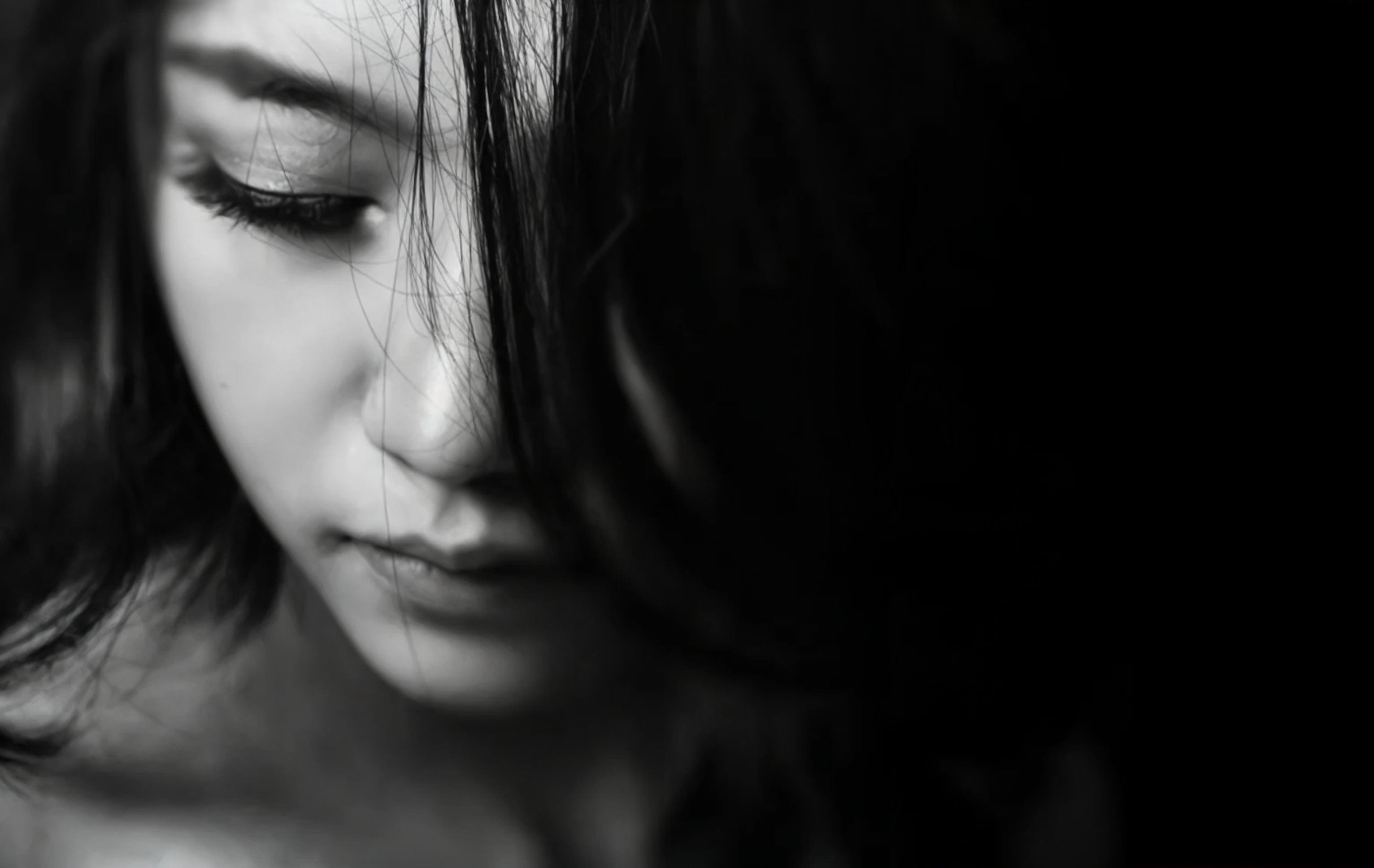
“Where are you from, dear?” I asked.
Julia looked down, her eyes shadowed. “We’ve been moving a lot,” she replied hesitantly. “There’s no family to go back to… and Adam’s father left before he was born.”
Julia stayed with me over the next few days, and I quickly grew attached to her and Adam. She found a job at a nearby grocery store, and I offered to care for Adam while she worked. His laughter and babbling filled the house, and I realized just how much life I’d been missing. The house, once filled with only echoes, was now alive with laughter and warmth.
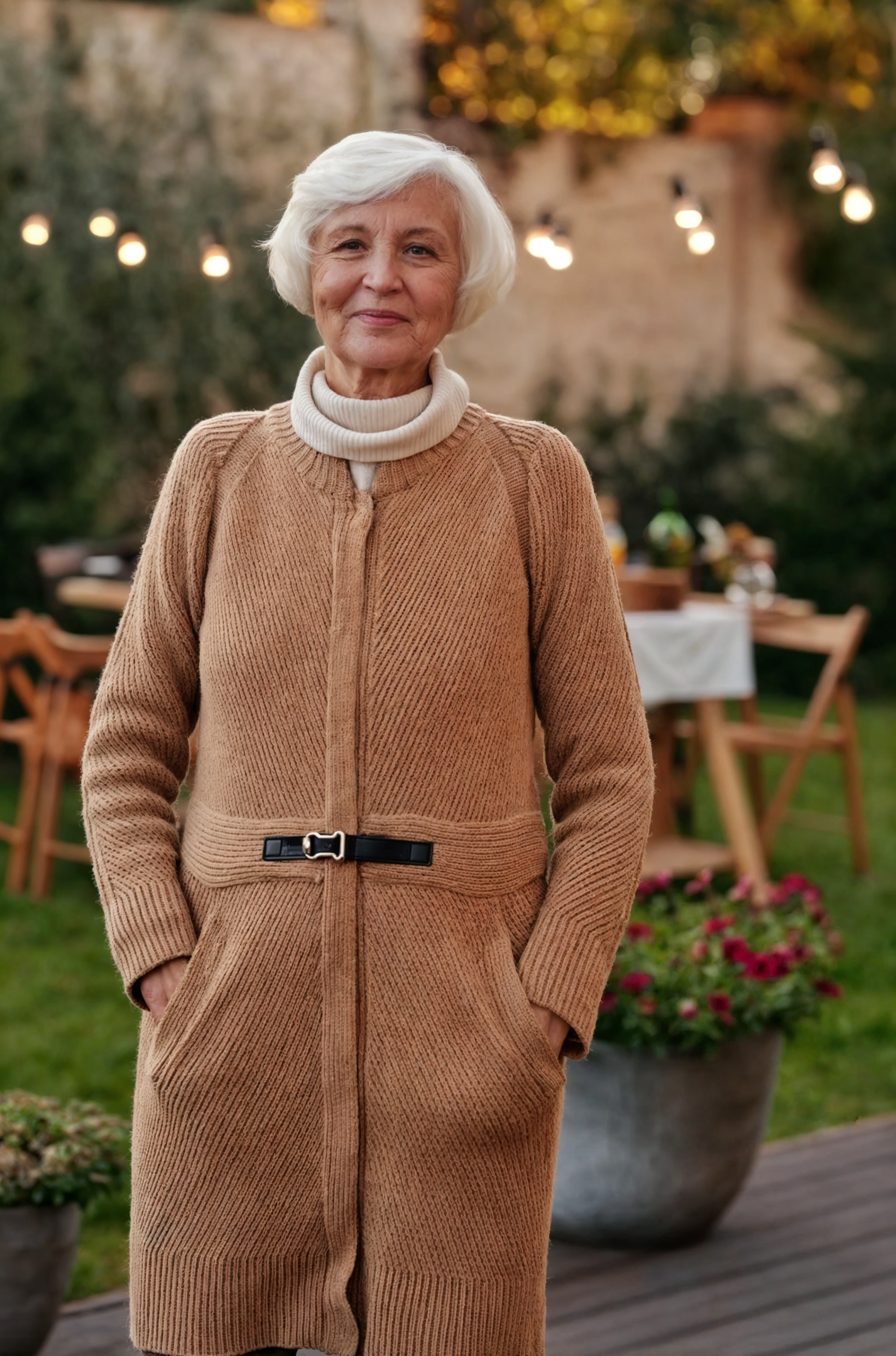
One evening, as we sat at the kitchen table after dinner, Julia seemed pensive. She told me about her five-year-old daughter, Aurora, who was hospitalized due to a severe illness.
«She’s all alone in the hospital,” Julia said, her eyes filled with sadness. «I visit as often as I can, but I’m struggling to cover her medical bills. They’ve told me she needs surgery, but I can’t afford it…”
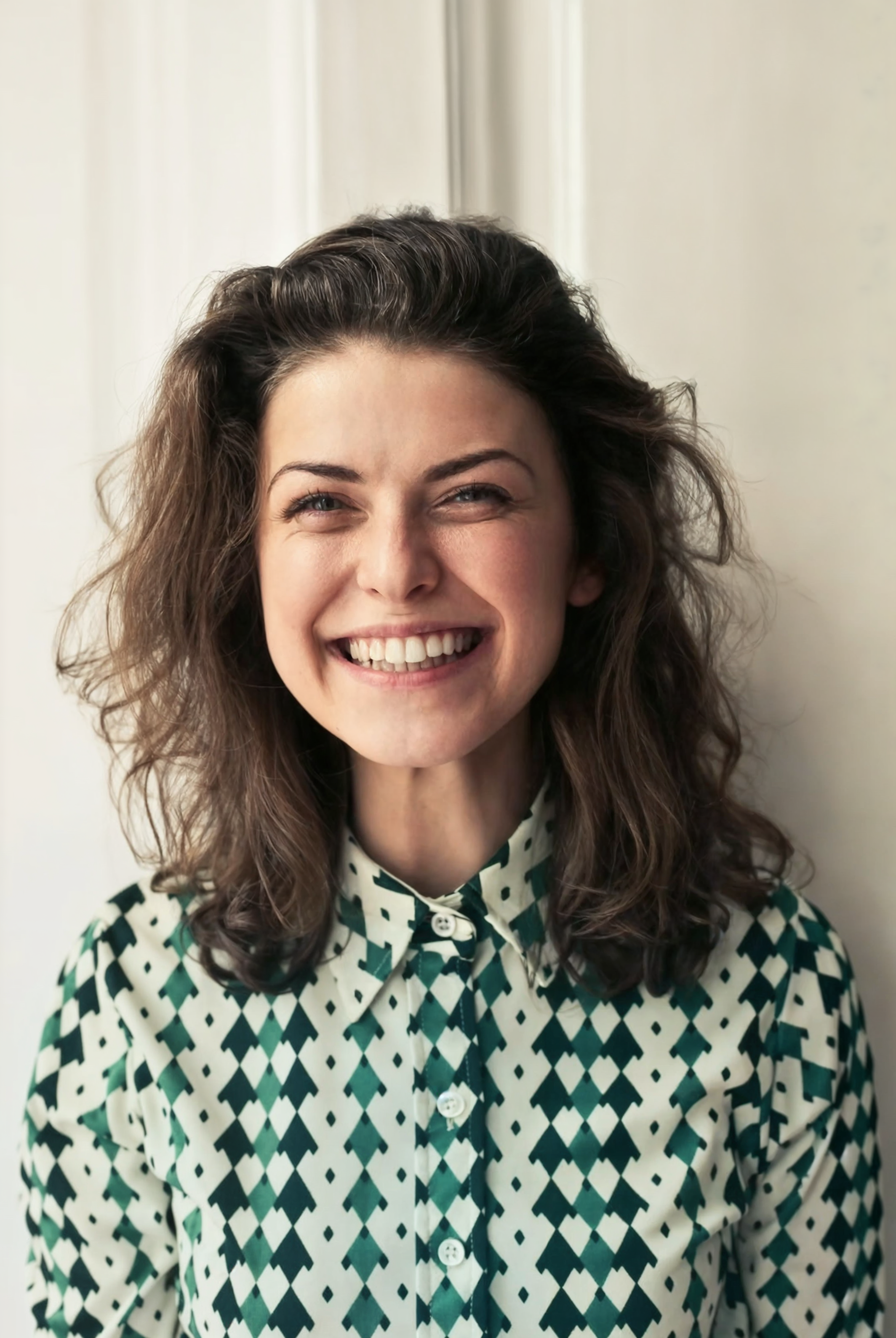
Her words hung in the air, and I felt a pang of empathy. I knew the feeling of helplessness when it came to the ones you love. I didn’t press her further, sensing the heaviness of her heart.
One day, I came home early from my book club, carrying Adam in my arms. The house was eerily quiet.
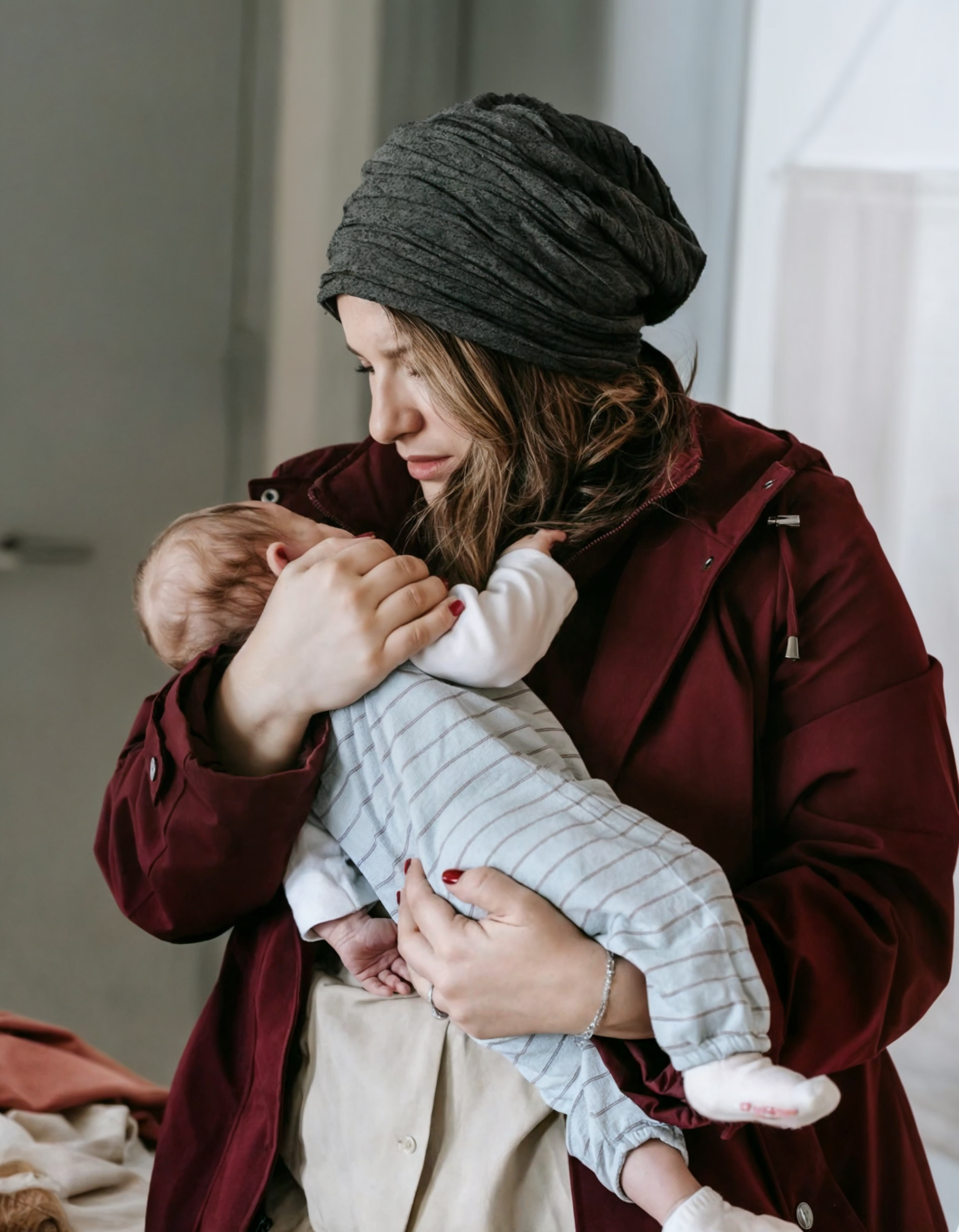
When I reached my bedroom, I was shocked to find Julia rifling through my drawers, scattering jewelry, loose bills, and my mother’s old brooch onto the floor.
“Julia?” I gasped.
She spun around, her face pale. “I… I’m so sorry,” she stammered, tears welling up in her eyes. “I… I didn’t mean to…”
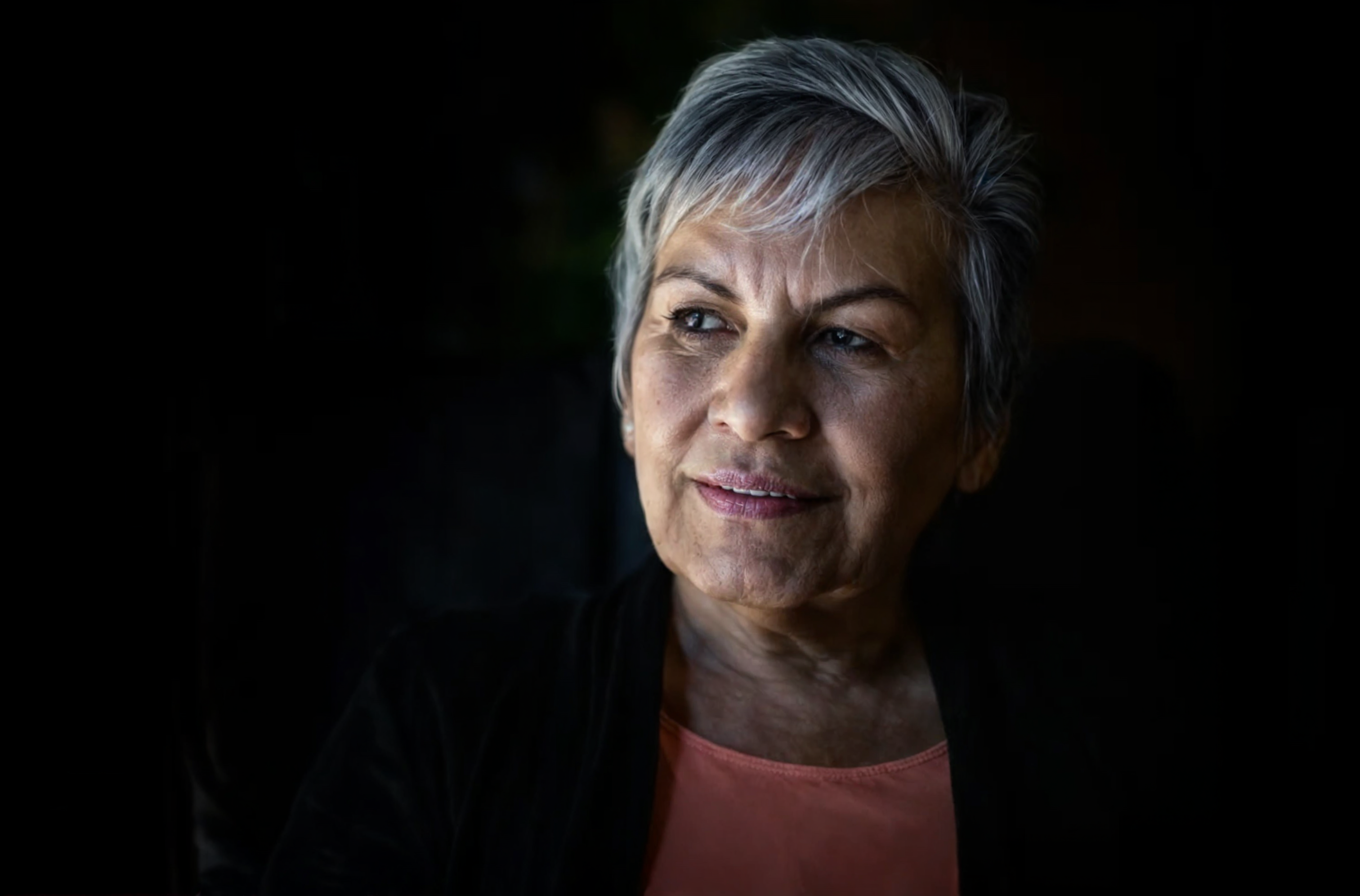
My heart sank, but I managed to speak softly. “Why, Julia? Why didn’t you just tell me?”
Julia broke down, sobbing. “I don’t know what else to do. I can’t lose Aurora. I’m ashamed to ask for more, but she’s all I have left.”
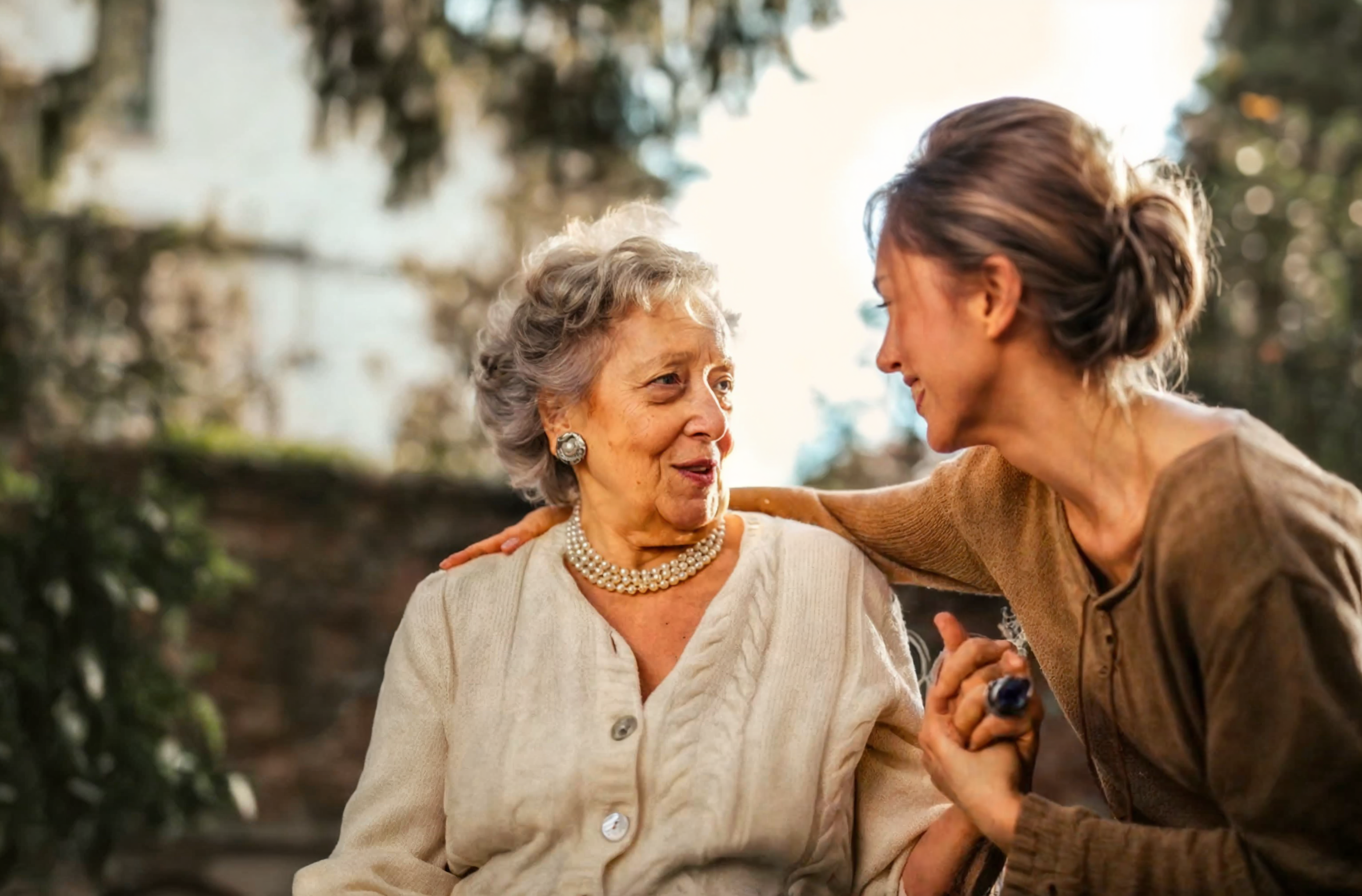
I took a deep breath, grappling with my emotions. I was hurt, but I could see the desperation in her eyes, and my heart softened.
“I understand why you felt you had to do this, but you should have told me,” I said. “We’ll get through this together, Julia. You’re not alone.”
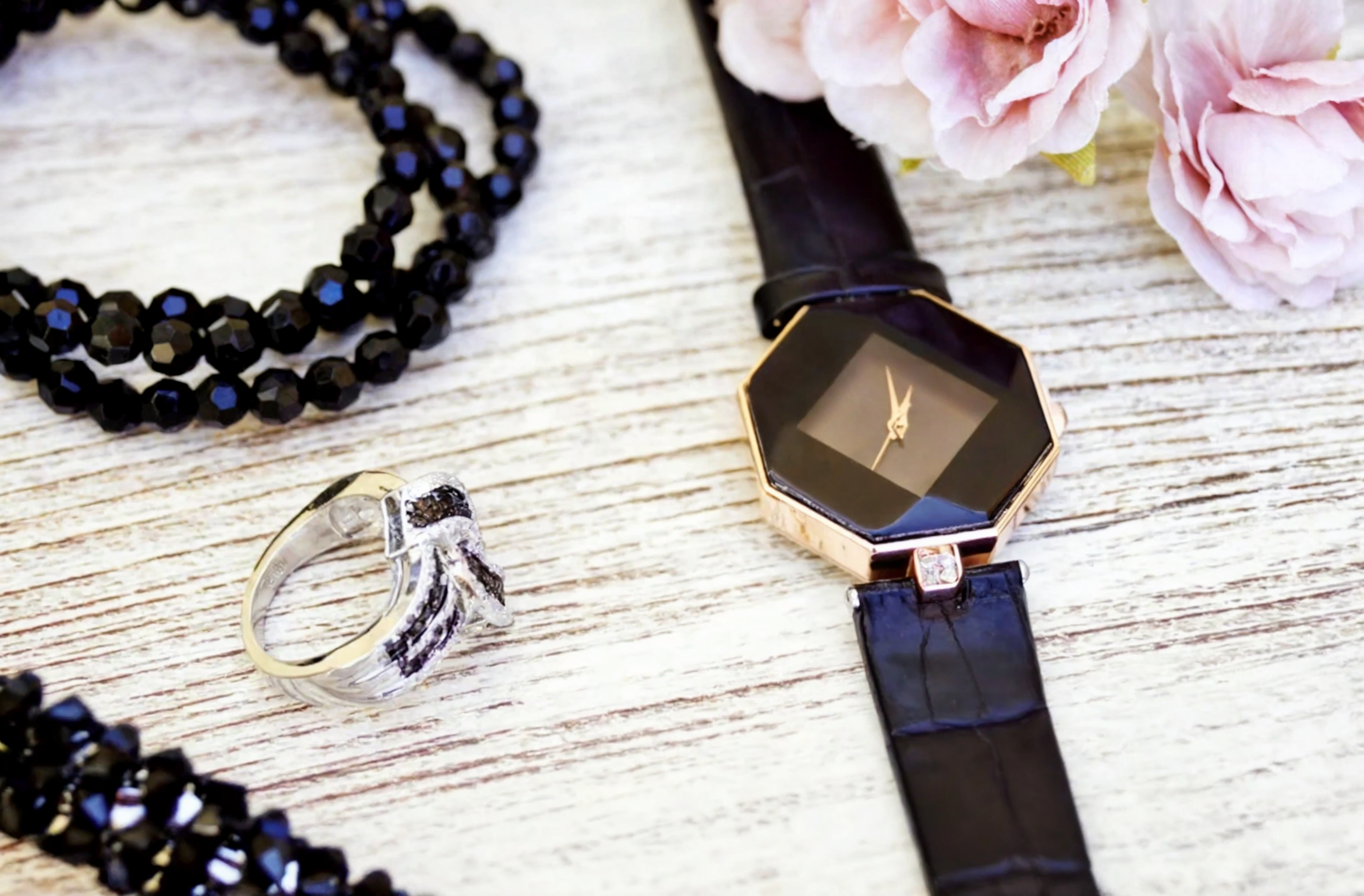
Julia’s face softened, her tears streaming down her cheeks. She clung to me, whispering apologies and gratitude. That night, I resolved to help Julia, not only to keep her from resorting to such measures again but also because I knew what it was like to face loss. And I couldn’t bear to see her suffer that fate.
The next morning, I picked up the phone and started making calls. I reached out to my old friends, neighbors, and former students, explaining Julia’s situation. The town had grown quiet in recent years, but memories of when I taught at the local school remained. Many were eager to help.
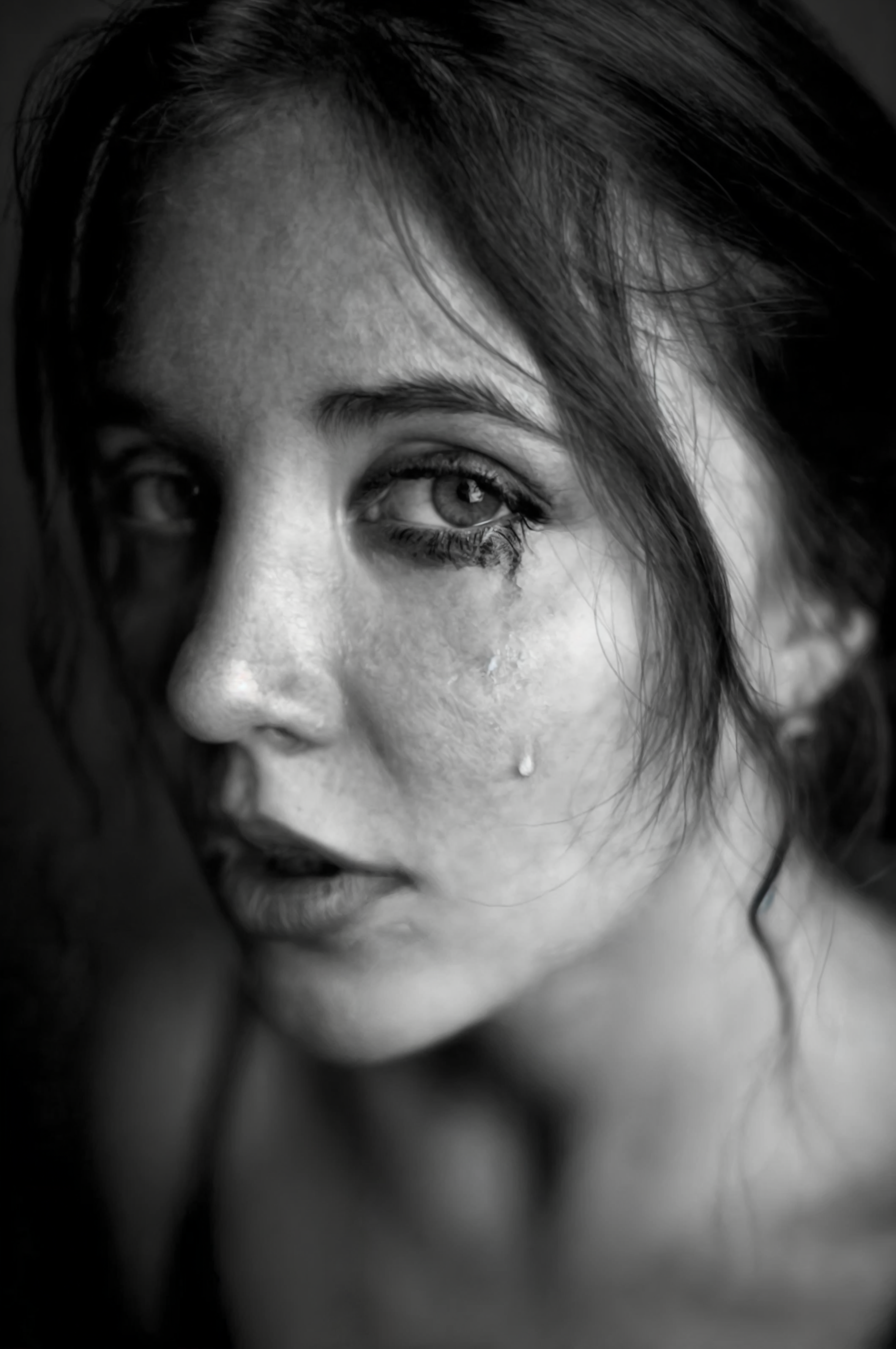
“We could hold a fundraiser,” my friend Marie suggested. “An auction, maybe? People could donate items, and we could host it at the community center.”
Others offered to help, too. Mrs. Ellison, our neighborhood’s best baker, volunteered to make pies for a bake sale, and David, who led the community theater, proposed putting on a play with ticket sales going toward Aurora’s medical bills.
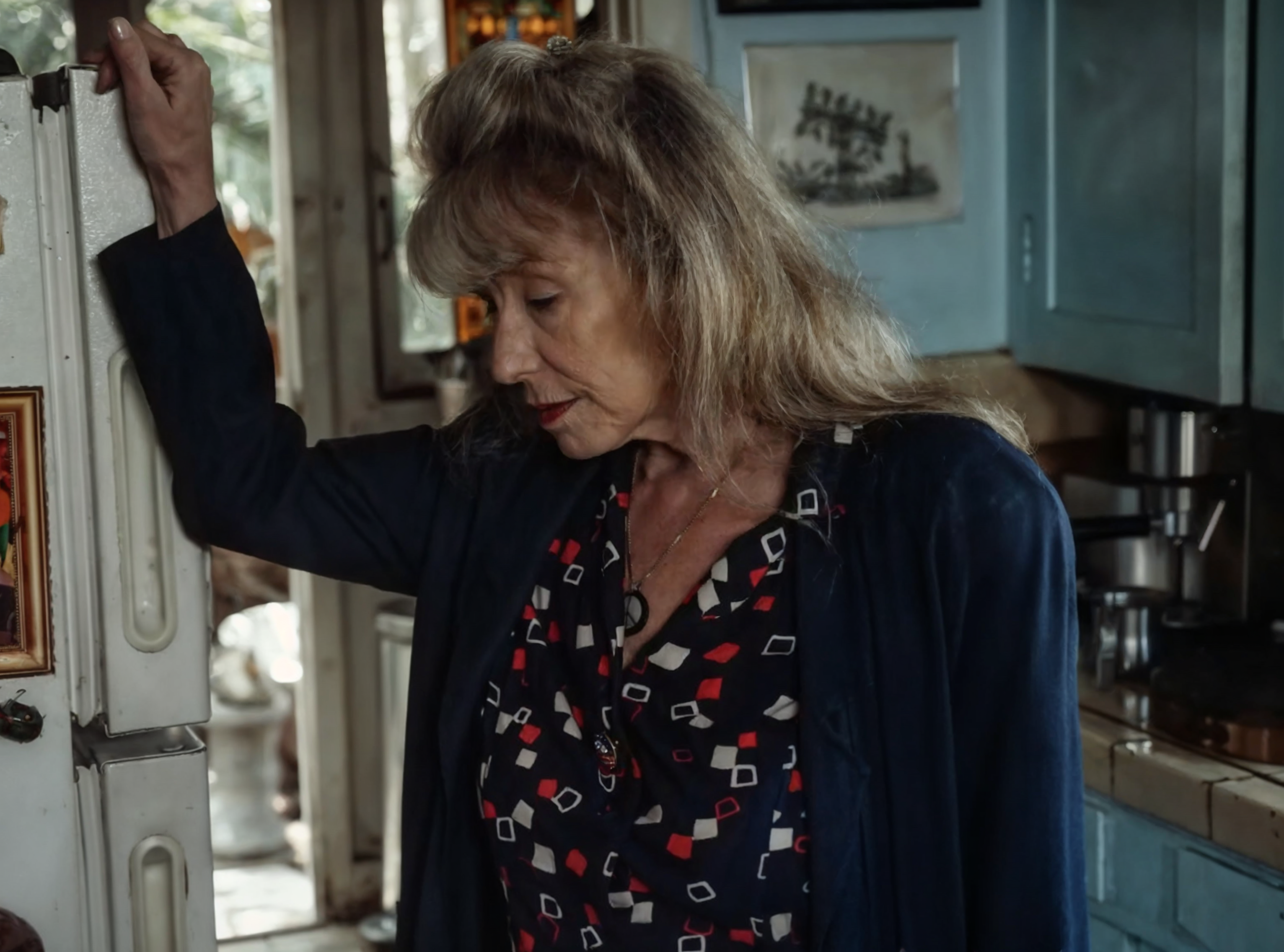
The day of the fundraiser arrived, and I was overwhelmed by the support. People came from every corner of town, bringing donated items for the auction and filling the bake sale tables with goods.
We hadn’t had an event like this in years, and it felt like the whole community was rallying together, not just to help Julia but to revive a spirit of togetherness we’d long forgotten.
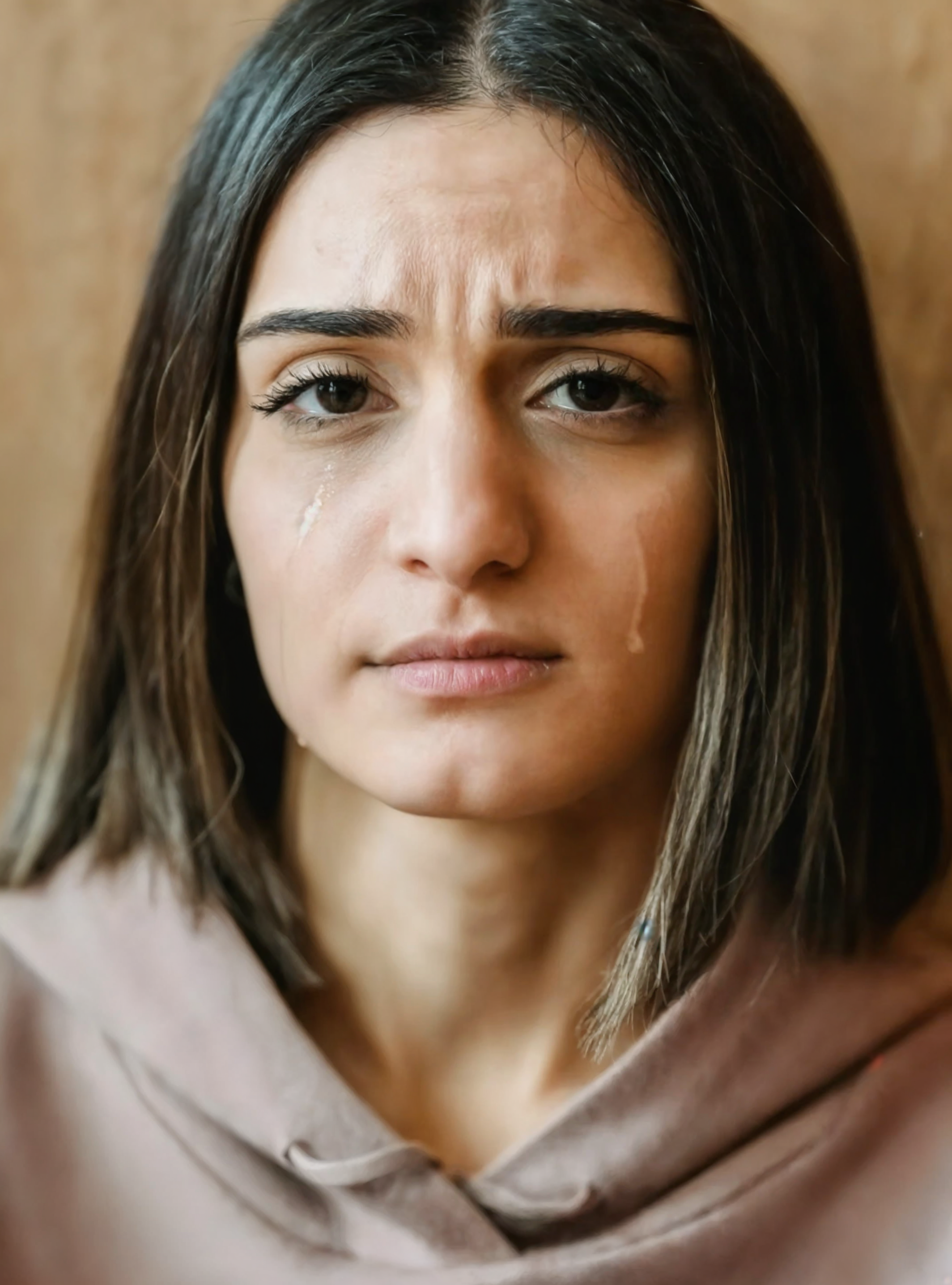
The auction and bake sale went better than I could have ever hoped. Generosity filled the room, and by the end of the night, we had raised enough to cover Aurora’s surgery.
Julia was overcome with emotion, hugging everyone and thanking them through her tears. When she looked at me, her gratitude was palpable. “You’ve saved my daughter’s life,” she whispered, unable to contain her tears.
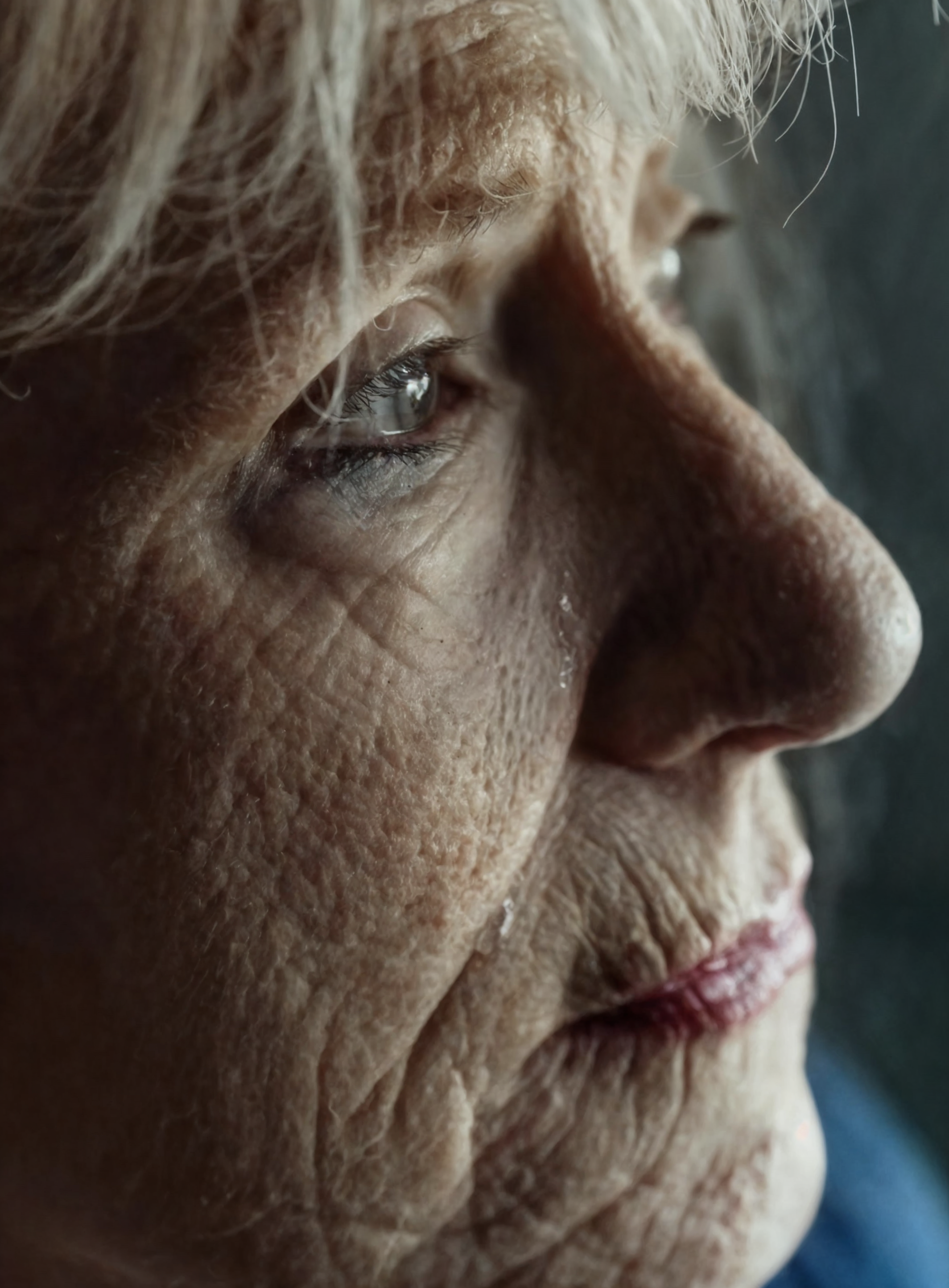
The day of Aurora’s surgery, I sat in the waiting room with Julia, holding her hand and offering what comfort I could. Memories of my own daughter flooded my mind, and I felt the weight of Julia’s pain as if it were my own. Hours passed slowly, and finally, the surgeon emerged with a smile.
“The surgery was successful,” he announced. “Aurora is going to be okay.”

Julia’s relief was instantaneous. She collapsed into my arms, her sobs a mixture of joy and relief. “I don’t know how I’ll ever repay you,” she said.
“You’ve given me more than you know,” I replied, touched by her gratitude.
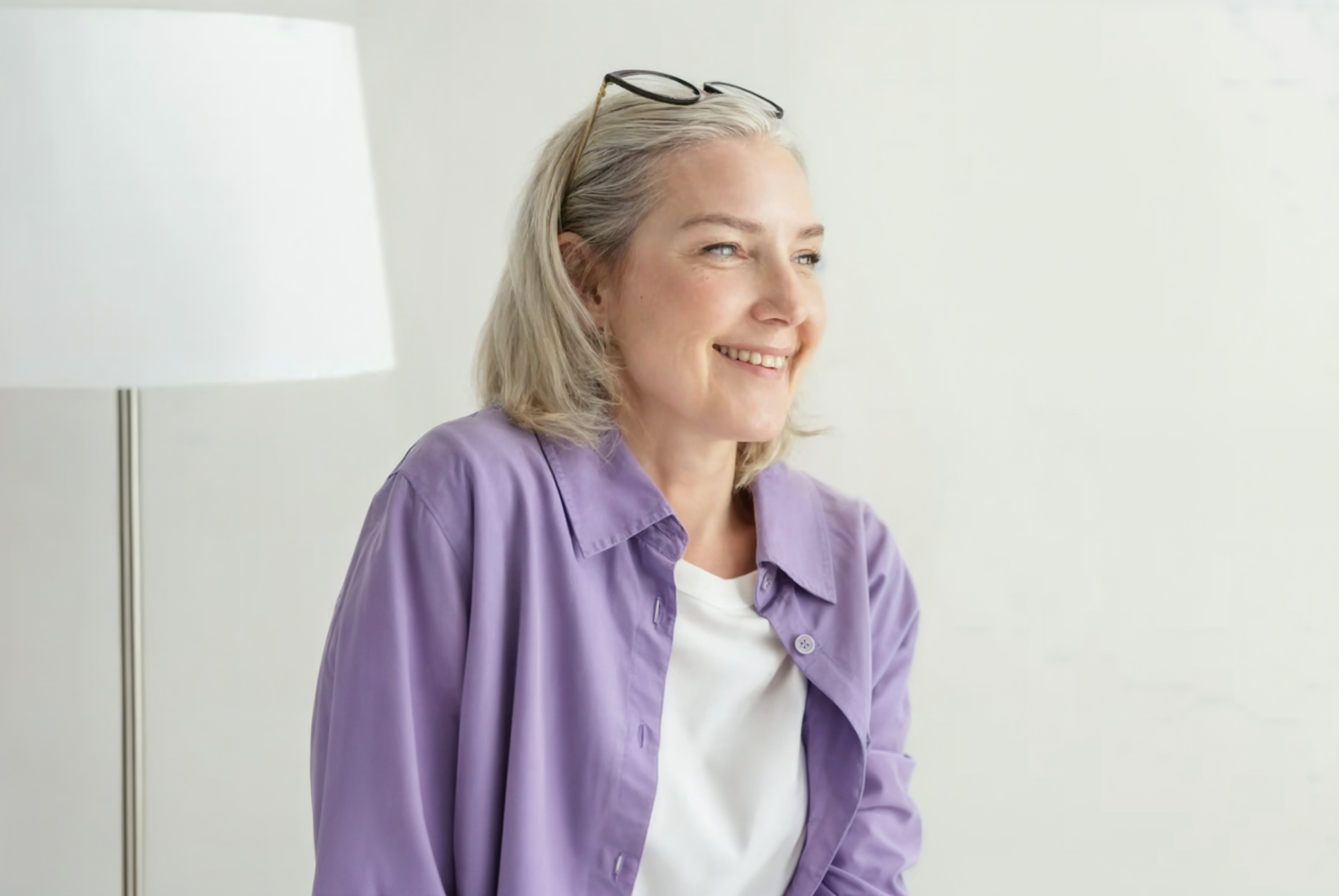
After the surgery, Julia and her children came back to my home. It was no longer just a quiet, lonely house; it was filled with love, laughter, and the joyful chaos that comes with children. Adam’s laughter and Aurora’s curious questions became my daily companions, filling my heart with a joy I hadn’t felt in years.
One evening, as we sat down for dinner, I realized I didn’t want this newfound family to leave. The thought of going back to an empty house felt unbearable.

“Stay,” I said suddenly, looking at Julia. “This house is yours too. It needs life, and I can’t imagine it without you and the kids.”
Julia’s eyes filled with tears. “Are you sure?”
“Absolutely,” I replied, my voice filled with conviction.
Julia, touched beyond words, hugged me tightly. “Thank you,” she whispered. “You’re our family now, too.”
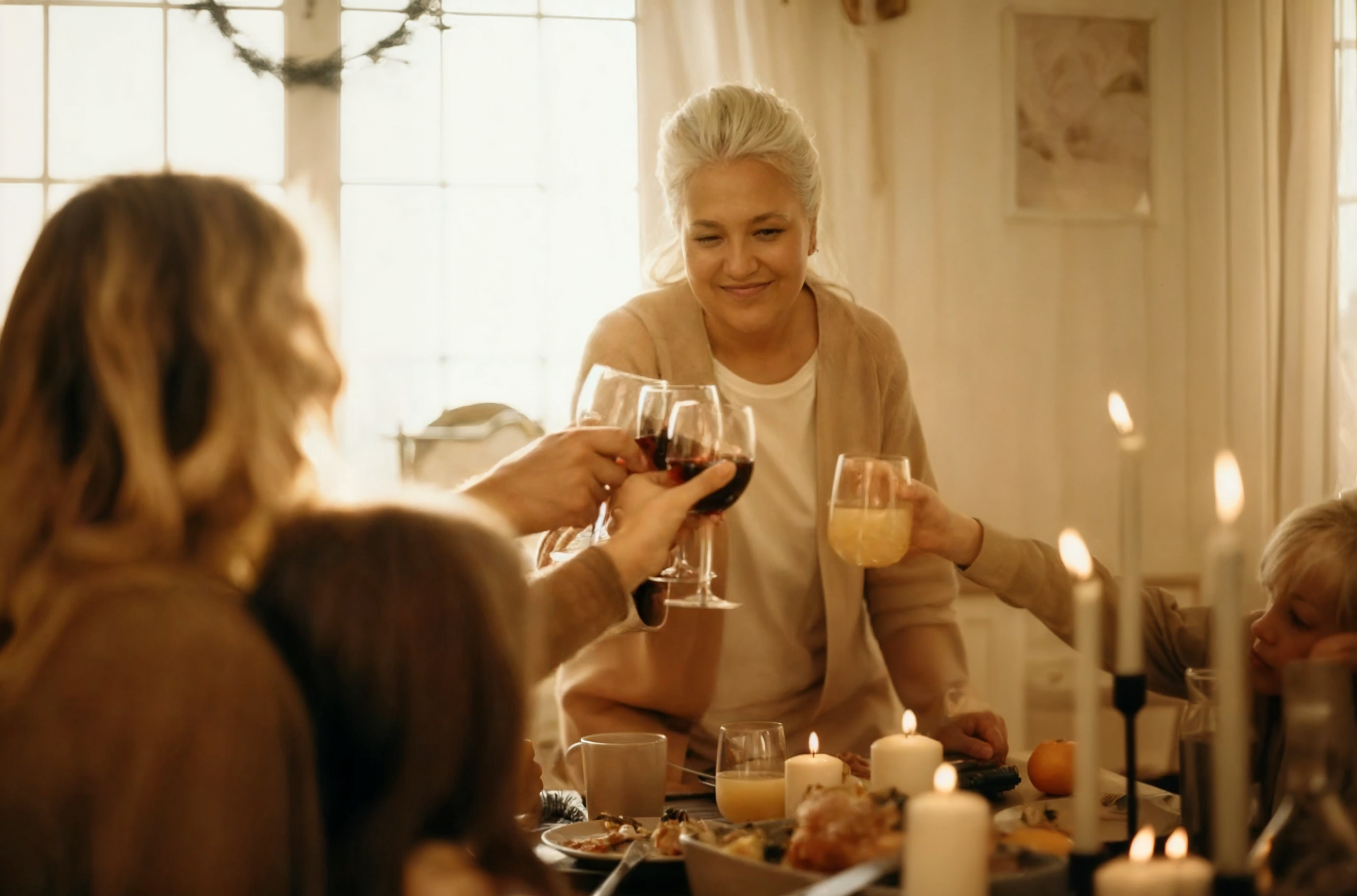
And with that, my house was transformed from a place of solitude to a home of love and companionship. Toys littered the living room, laughter echoed through the halls, and for the first time in years, I felt a true sense of belonging.
The bond that had started as a simple act of kindness had grown into something deeper, something unexpected. In Julia and her children, I had found a second chance at family. They were no replacement for Gianna, but they brought a new light into my life, one I hadn’t realized I needed.
Months passed, and our lives settled into a comforting routine. I watched as Julia grew stronger, her confidence blossoming, and Aurora’s health continued to improve. We shared holidays, birthdays, and quiet evenings together, each day reinforcing the bond that had brought us together.
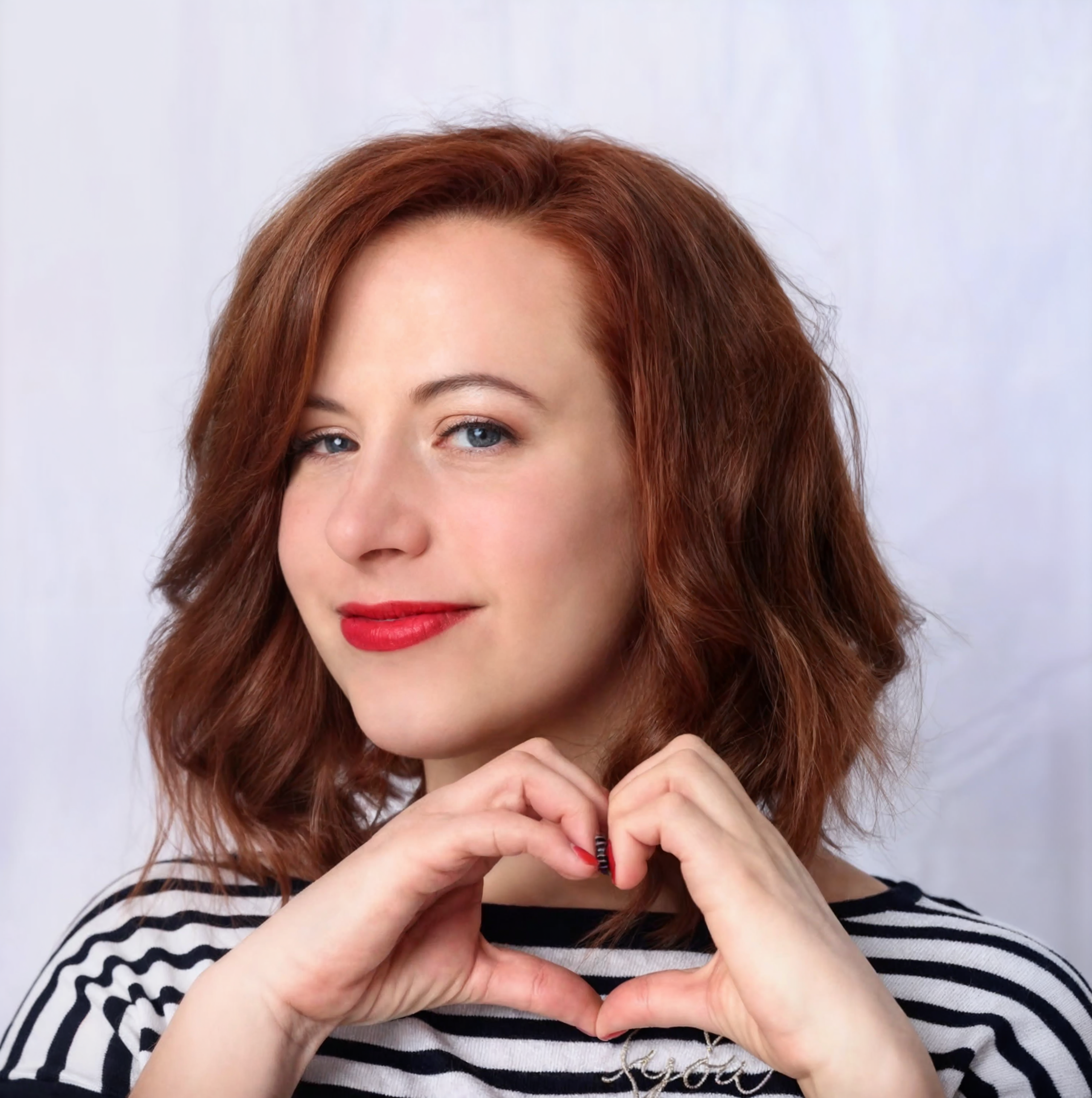
In helping Julia, I had rediscovered a part of myself I thought was lost. She had given me the gift of family again, and I knew that I would never take that for granted.
If you liked this story, you might enjoy this one: When overworked parents Ryan and Donna left their daughter with her grandmother, they didn’t realize the heartbreaking truth her drawings would reveal.
This story is inspired by real events and people but has been fictionalized for creative purposes. Names, characters, and details have been changed to protect privacy and enhance the narrative. Any resemblance to actual persons, living or dead, or actual events is purely coincidental and not intended by the author.
The author and publisher make no claims to the accuracy of events or the portrayal of characters and are not liable for any misinterpretation. This story is provided “as is,” and any opinions expressed are those of the characters do not reflect the views of the author or publisher.

